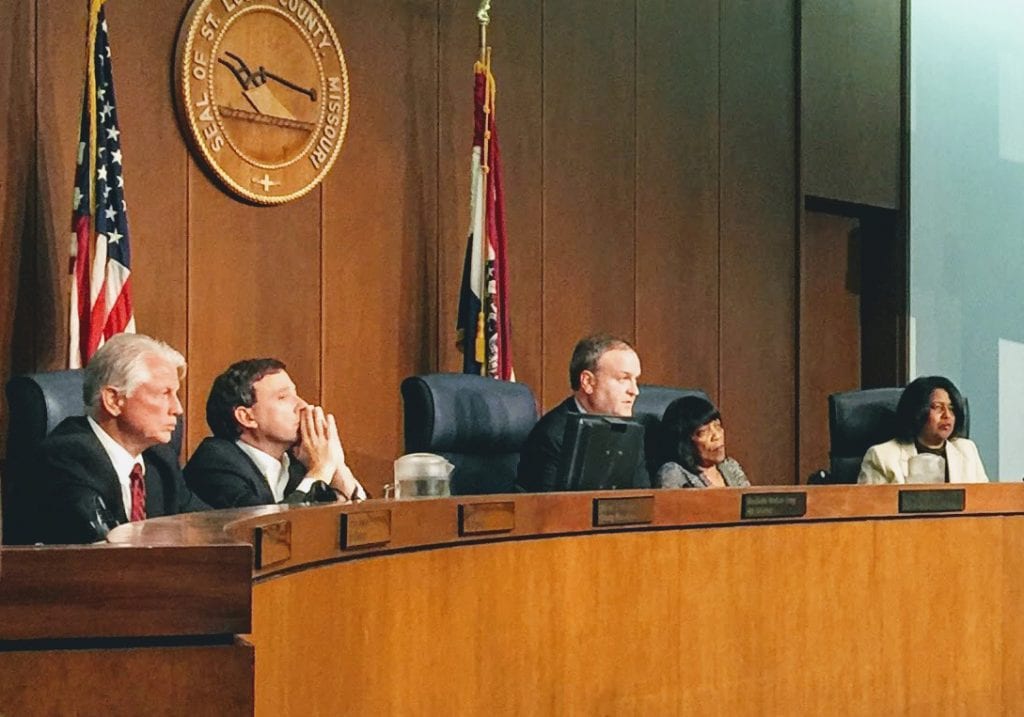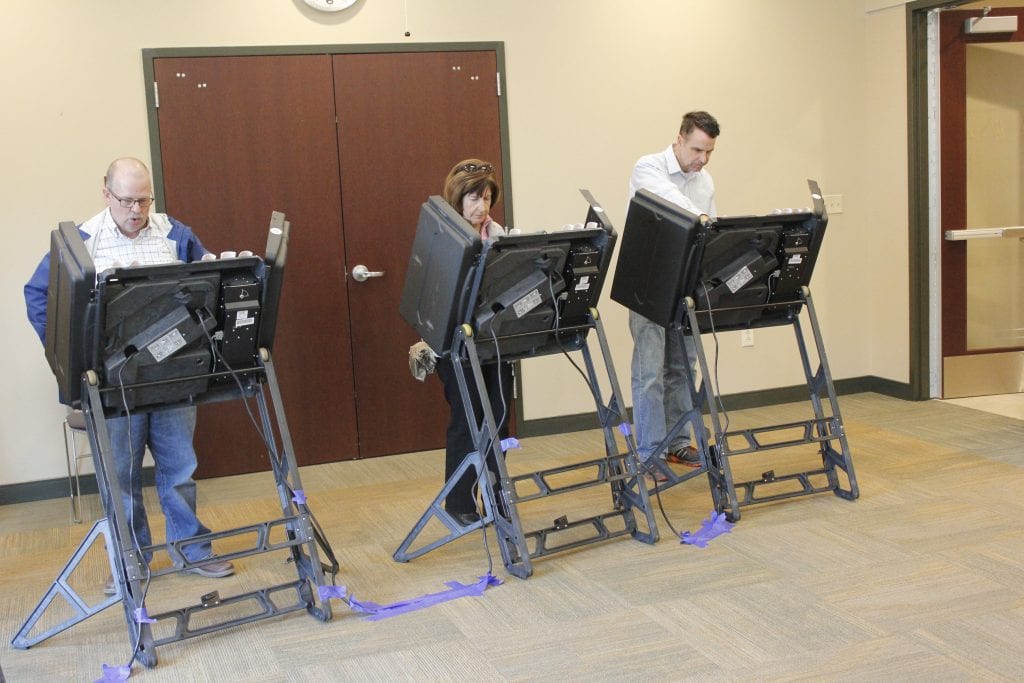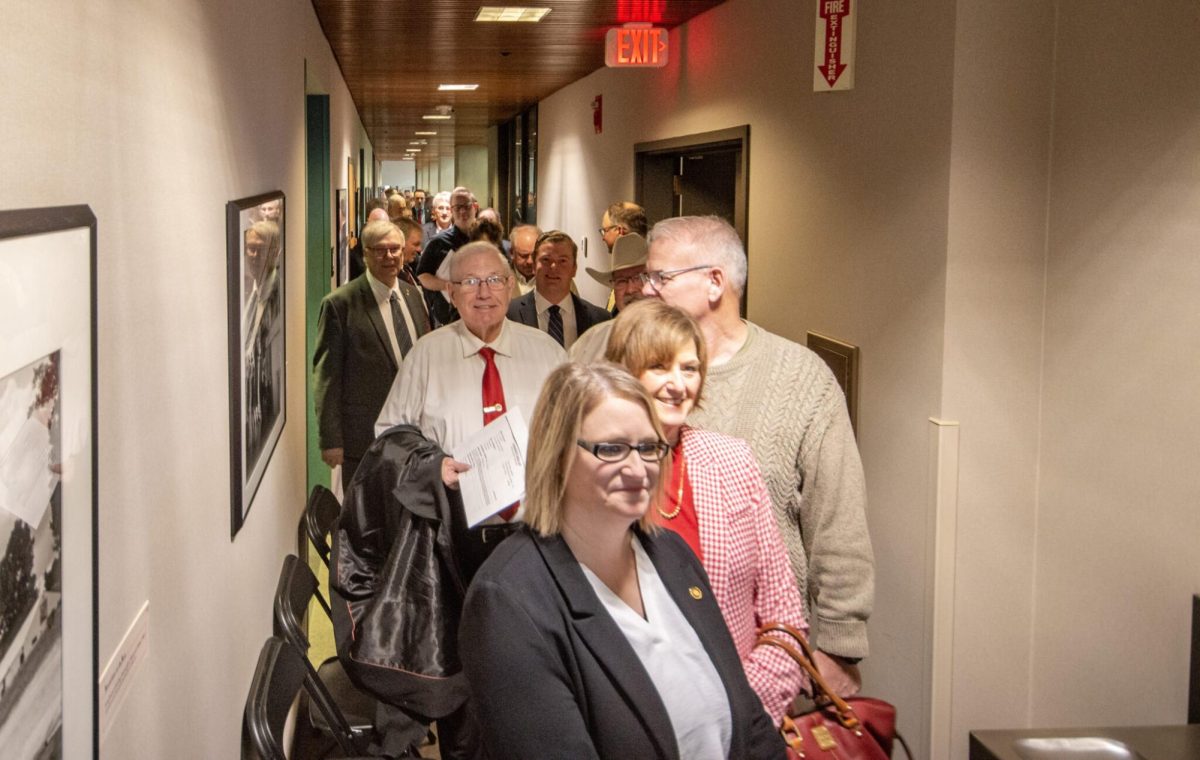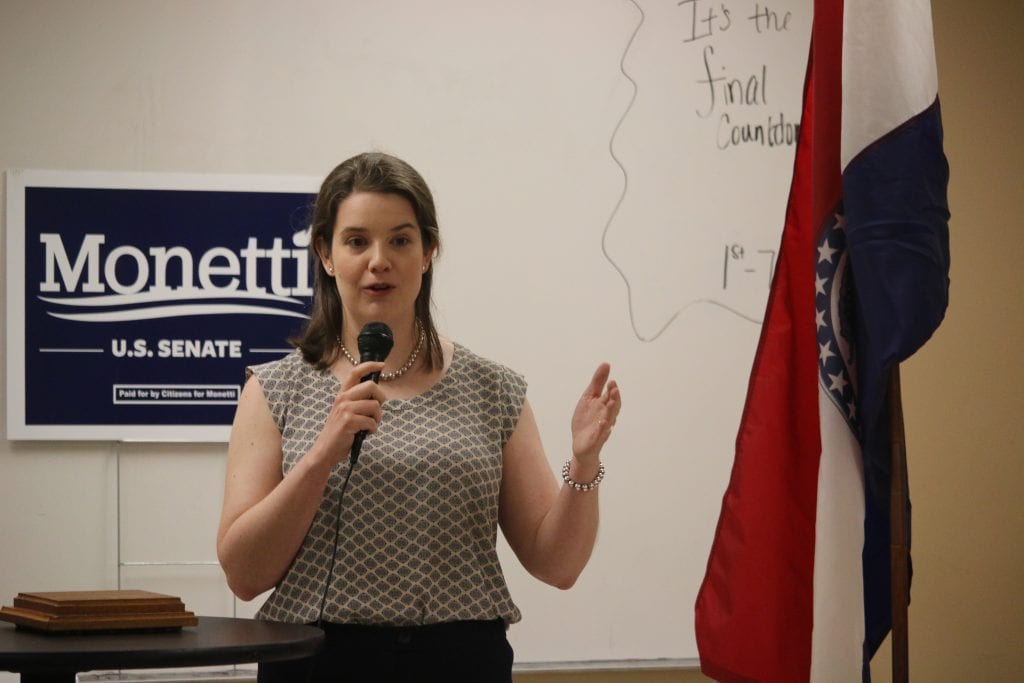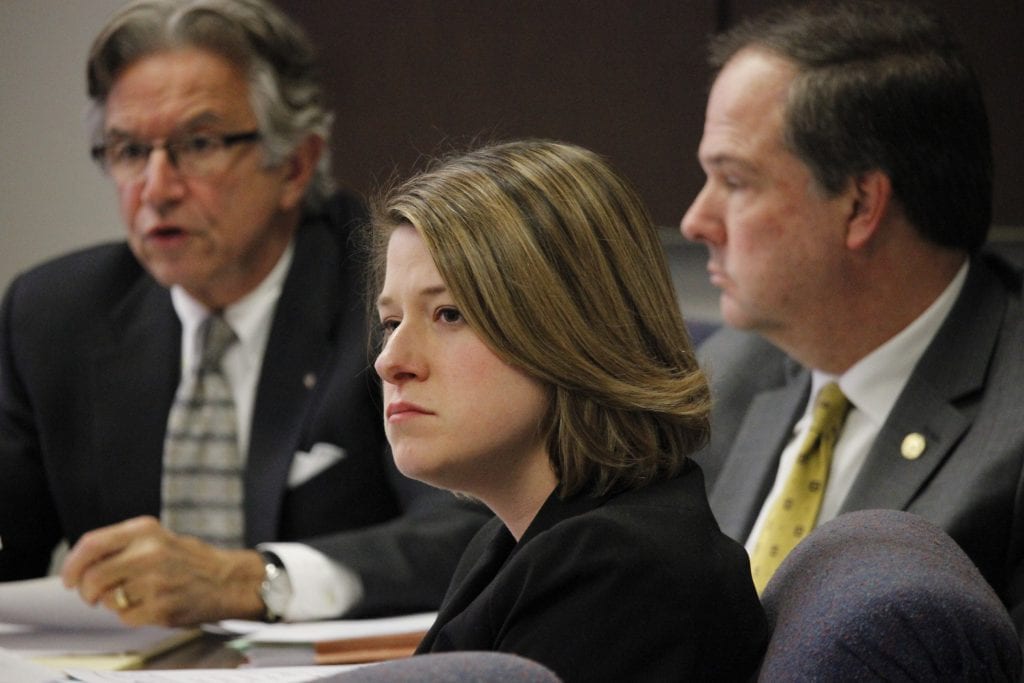By Gloria Lloyd
News Editor
glorialloyd@callnewspapers.com
See related article here.
In the past year, members of an alliance that controls the County Council have made it known that they disagree with aspects of the county Charter, the Constitution-like compact that the county operates under.
So now they’re going to voters to try to change it.

The council approved three Charter amendments last week that will go to voters in the August primary election.
The proposals will add accountability and transparency to county government, said 6th District Councilman Ernie Trakas, R-Oakville.
In November, county voters will also decide if they want to convene a Charter Commission. That opportunity comes around every decade.
That is why 5th District Councilman Pat Dolan, D-Richmond Heights, voted against the amendments.
They each passed last week 6-1, with Dolan dissenting.
Most of the current Charter dates to the 1970s, and council members say it grants too much power to the county executive over the council.
As it stands, the council can’t approve more money than the county executive recommends. The council approves the budget, but the county executive can move any line item around.
“This effectively renders the budget process null and void,” Trakas said at a council hearing on the amendments April 17. “This means that regardless of what is passed by the council, the executive has the ability to make excessive funds in some departments less visible by depleting funds of others.”
One of the changes is aimed directly at Trakas, changing the definition of “employment” so that it does not include work as an independent contractor. While that would not help Trakas’ current situation, in which a judge will decide if he should be removed from office for his paid legal work for public school districts, it would prevent the same situation from happening in the future.
The first proposed Charter amendment requires line-by-line transfers to be approved by the council. A second change would limit campaign contributions to county offices to $2,600 per election, the same as statewide limits voters approved in 2016.
Businesses or developers with business or contracts pending before the council could not make donations to any county official’s campaign 90 days before or 90 days after the business was approved, and if they do, they will be disqualified from the contract, which will be deemed void.
Another clause in that amendment requires the director of administration to create a website that provides financial documents including “all St. Louis County debts, expenditures, pension fund balances, pension fund statements and budget documents… implemented in a manner that will ensure the accountability and transparency of the St. Louis County government’s financial matters and affairs.”
The final suggestion would allow the council to hire its own lawyer to represent it as an independent special counsel instead of sharing the county counselor, who is also the attorney for the county executive and the rest of county government.
The 90-day ban against campaign contributions by those who have contracts with the county is meant to “ensure there are no pay-to-play concerns in the future,” Trakas said.
“There’s an intense need to eliminate appearance of impropriety that exists currently, and so this Charter amendment goes a long way toward doing that.”
The campaign contributions could also pave the way for more political-action committees, or PACs, to become involved in county politics. Like at the state and federal levels, their spending is not covered by campaign contribution limits.
The initiative seems squarely aimed at County Executive Steve Stenger, who has set records for fundraising in his campaigns for county executive and also denied allegations that he directed county contracts to campaign donors. But the county executive said he supports the change.
“I think that’s an excellent idea,” Stenger said of contribution limits. “I think that the cost of these elections have gotten far out of hand. The cost of the county executive race has gotten way out of hand, it’s far too expensive. Asking people for money is not an enjoyable experience, and the more we can make the race the less expensive, the better.”
But he said the council’s limits do not go far enough and allow a self-funding candidate to “essentially buy the election because there are no caps on the self-funder.”
The ban on individual contributions could also mean more PACs enter county races. Their funding may not be as transparent as individual contributions.
“I think it is generally a good idea,” said 3rd District Councilwoman Colleen Wasinger, R-Huntleigh. “My only concern is that I know money comes in other ways that might not be transparent.”
Other council members were in favor.
“I do think we have to do something, because that whole thing with the pay-to-play and all that has just gotten out of control,” said 1st District Councilwoman Hazel Erby, D-University City.
Budget change ‘operational nightmare,’ budget director says
County Budget Director Paul Kreidler objected to the idea of the council approving each individual line-item transfer. There are 1,900 of those a year, so that would require 1,900 more votes, he said.
“My main concern is that what is now an efficient paperless process would become a time-intensive paper process,” he said. “I think that this will pretty significantly impact our ability to manage an efficient operation.”
“One person’s excessive tracking is another person’s accountability,” responded council Chairman Sam Page, D-Creve Coeur.
Every year is going to be different, so even if budget officials learn how to better plan and budget in one year, constant adjustments have to be made throughout the year, Kreidler said in response to 7th District Councilman Mark Harder, R-Ballwin, who questioned the need for all the transfers and adjustments in the first place.
Overall, it would be a “big operational problem for us,” Kreidler added.
Trakas suggested that Kreidler submit his own proposal that would be “less burdensome on you,” and the budget director said the county already produces a monthly report on all line items.
“But that takes us back to status quo, right?” Trakas said.
See related article here. For full election coverage of the 2018 primary and general elections this fall, keep reading the Call.
















